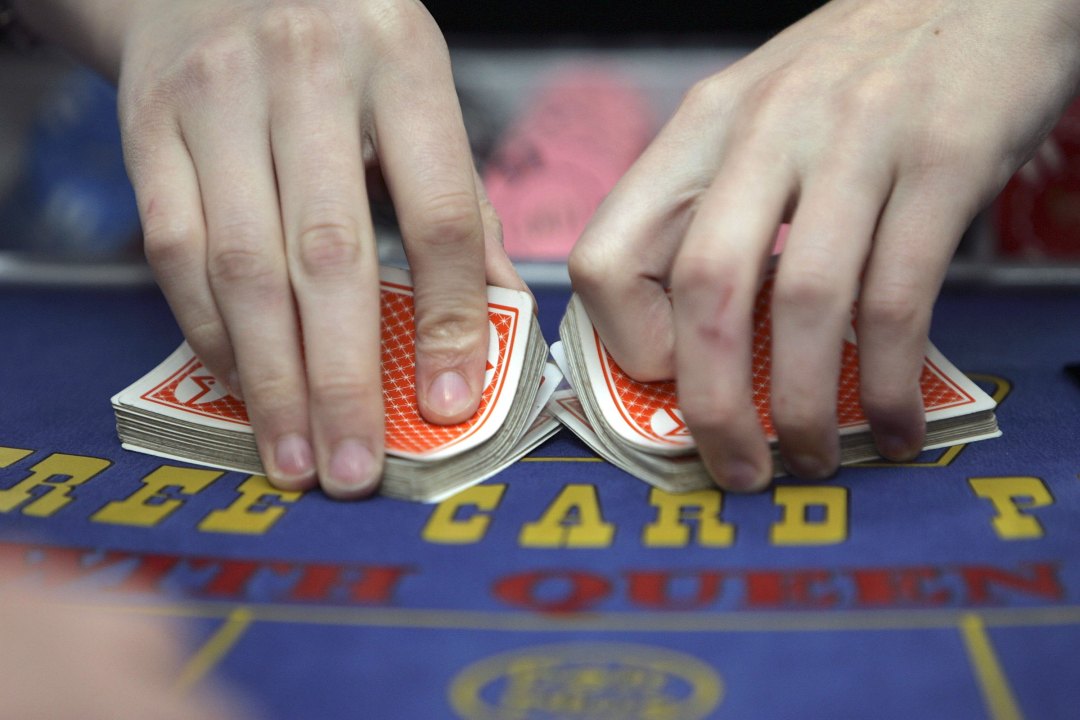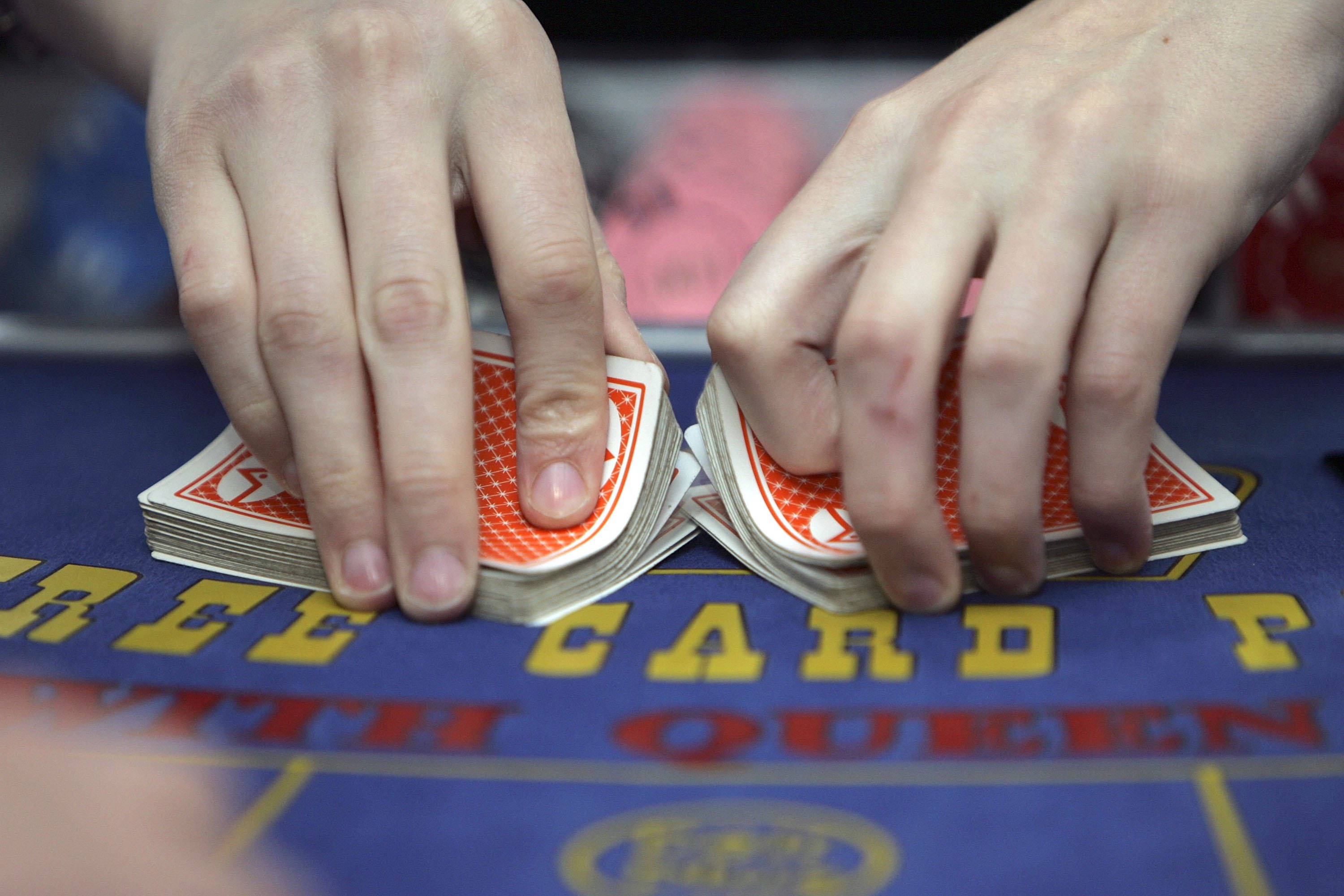Provided you remember a few simple rules the Expectations Game should be the easiest test to pass in politics. It is not complicated: under-promise and over-deliver. Or, more succinctly, never hype anything.
So only fools trail a cabinet reshuffle with the suggestion it will be some kind of transformational shot-in-the-arm for the government. First, doing so concedes that your government is not doing very well at present (otherwise there’d be no need for the reshuffle); second it all-but-demands the press responds to the reshuffle with extra vinegar and cynicism. Is this it? Blimey.
Better by far to promise little and actually clear the bar you’ve set at a modest level for yourself. Perhaps that’s not clever or cute enough for this government but, to the extent reshuffles matter at all, this one seems unduly confused. But how could it ever be otherwise when there’s no change at any of the great offices of state? Some observations:
1. Poor Ken Clarke. What has he done to deserve being demoted to Minister for the Today programme? Ken’s a reliable performer who can actually talk Bloke but demoting him in this fashion is a shabby way to treat one of the few ministers with real heft and bottom.
2. Poor Chris Grayling. Welfare reform is, along with education, the government’s most promising cause. Doubtless Grayling’s promotion to Justice Secretary will be cheered by so-called “Mainstream” Conservatives but it weakens the implementation of the welfare programme – which is of vital importance – while doing nothing to strengthen the government at Justice since, you know, Ken Clarke was a perfectly capable performer there. Perhaps Grayling thirsted for a cabinet position but his job at DWP was more important than most cabinet ministries and, net, this diminishes the government’s reforming zeal. It suggests an odd sense of priority.
3. Poor Justine Greening. Sacked for defending a Conservative manifesto commitment! Perhaps the Tories should not have promised to oppose a third runway at Heathrow but they should have thought about that before the election. It’s not Greening’s fault that she’s been hung out to dry. Demotion from Transport to the Department for International Development is a fine – that is, insulting – reward for her loyalty to the government’s own position.
4. Jeremy Hunt! I suspect Downing Street wasn’t aware that the new Health Secretary believes in homeopathy (which should not be confused with herbal medicine) but while this doesn’t matter much in operational terms, putting someone who trusts quackery in charge of the NHS is a gift to satirists. Perhaps that won’t matter but it hardly boosts Hunt’s credibility. What remains of it, that is. It’s hard to make the argument that Hunt has been a muckle success at Culture so this, alas, smells like rewarding failure. That said, removing Andrew Lansley will prompt few tears outwith the Lansley household.
5. It’s good that Iain Duncan Smith is staying at Work and Pensions even if this, predictably, has pundits asking questions about David Cameron’s “decisiveness”. More significantly, it’s appalling that the Treasury tried to have him moved. More evidence that this over-mighty department – which evidently thinks it should have a large say in appointments to other ministries – should have its wings clipped.
6. A dual role for Sayeeda Warsi at the FCO and with responsibility for “Faith and Communities” (whatever that may be) seems like a hostage to misfortune for sure.What could possibly go wrong?
Put it all together and you have a distinct lack of whelm. Given the impossibility of moving Osborne or the Lib Dems this was doubtless inevitable. All the more reason, then, to under-sell the promise of this reshuffle.
Westminster, of course, loves these occasions but, with the possible exceptions of 1962, 1981 and, maybe, 2008, it is hard to recall many reshuffles that have had much in the way of a significant impact. At first blush, this one doesn’t look as though it will either.








Comments